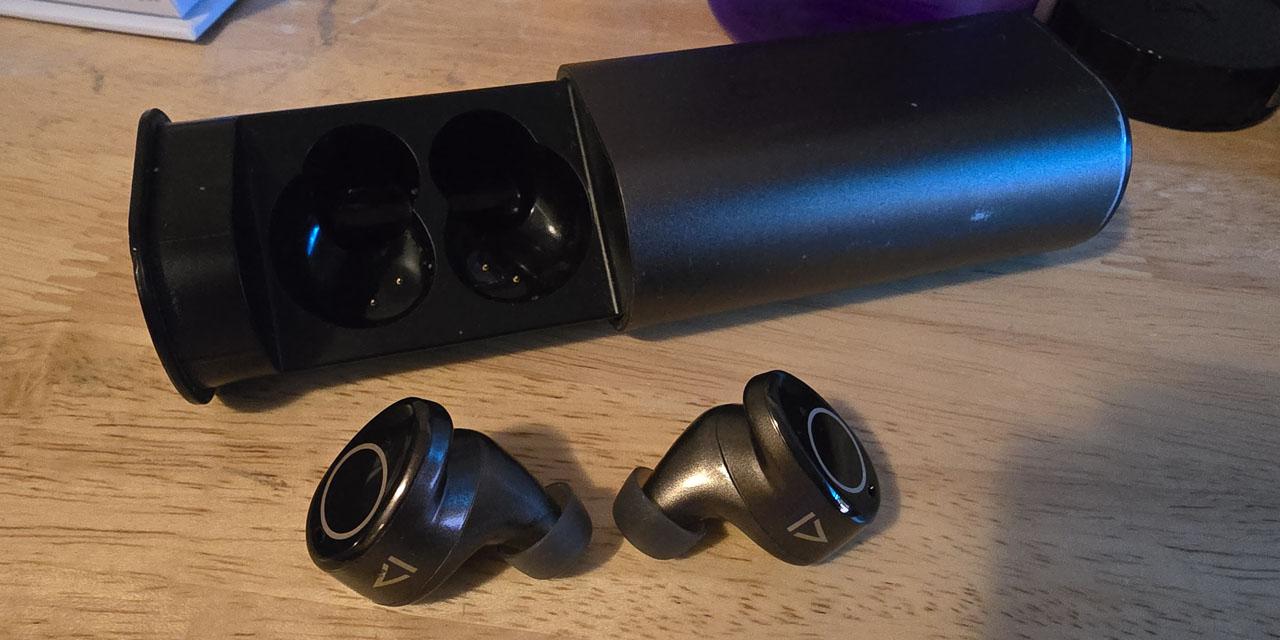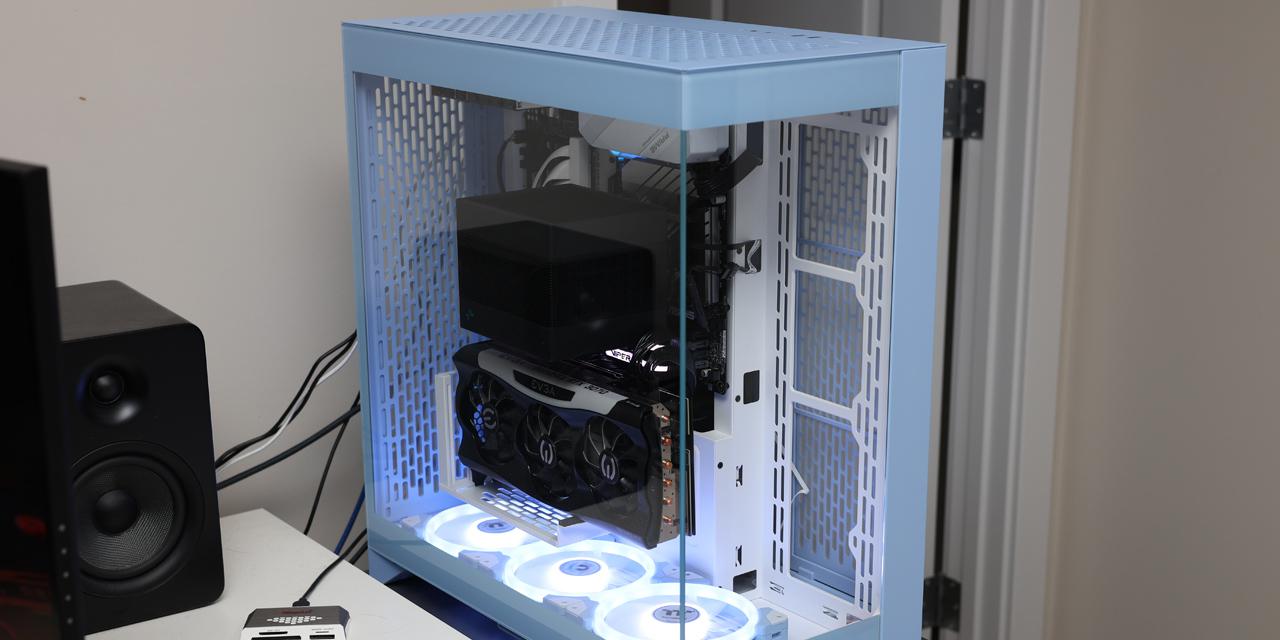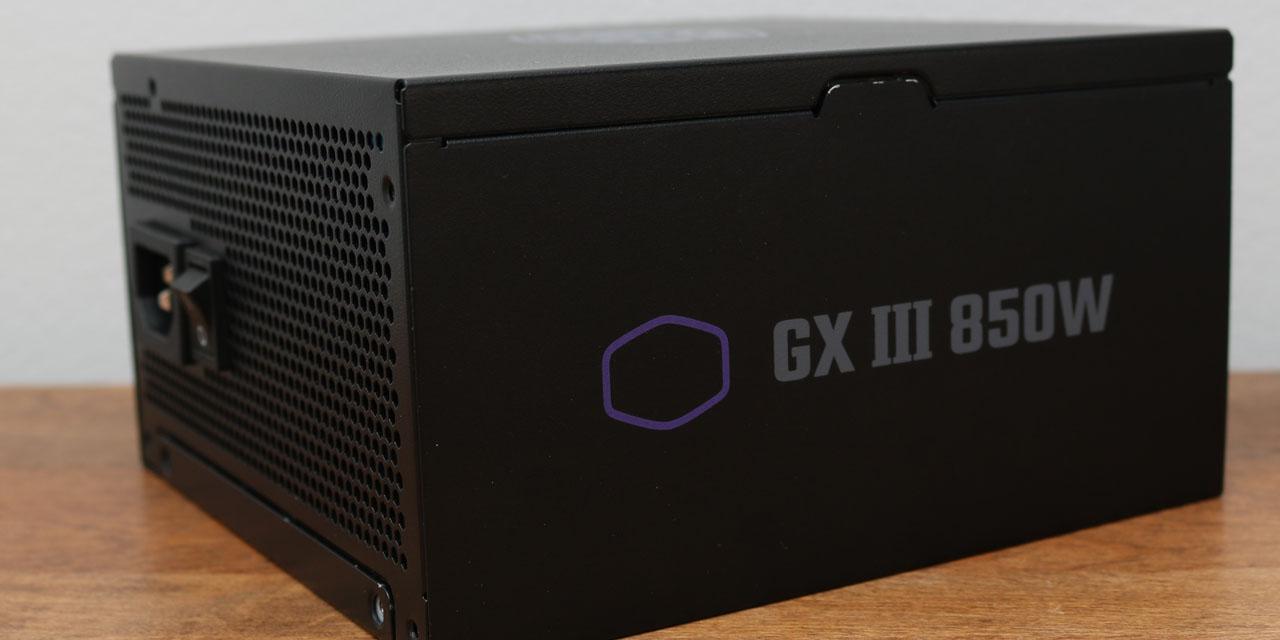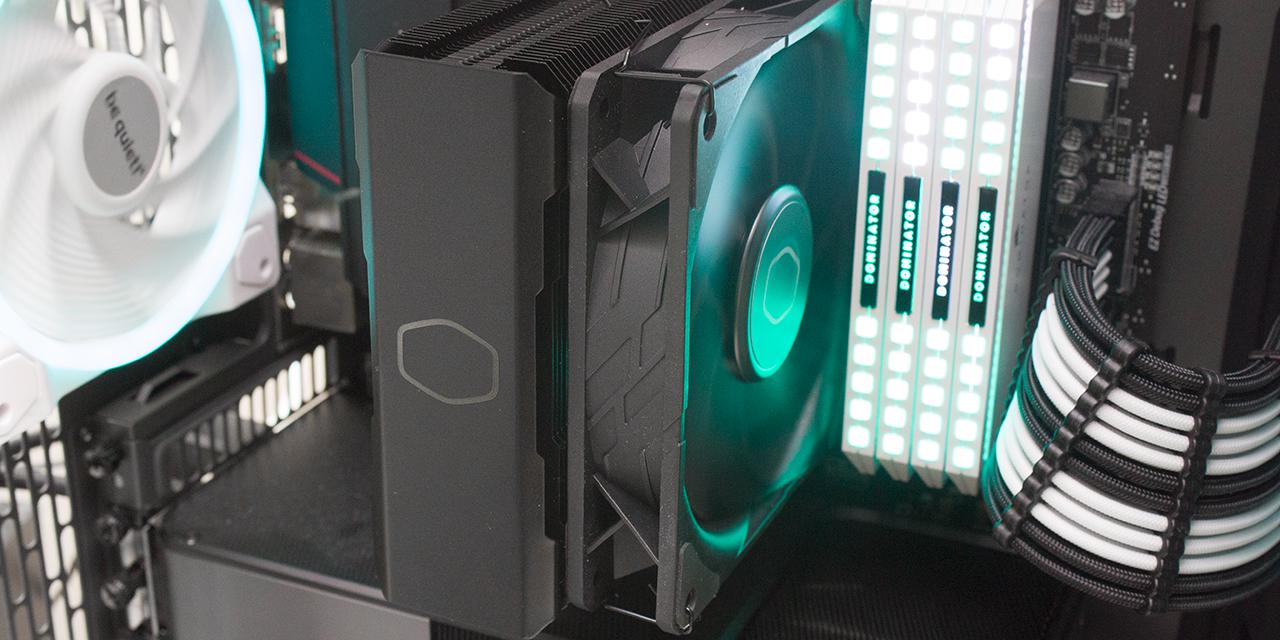|
From X-bit Labs: Intel Corp., the world's largest maker of microprocessors, has agreed to manufacture chips for yet another developer of field-programmable gate arrays (FPGA) on contract basis using its 22nm fabrication process. Tabula, a designer of programmable logic solutions for network infrastructure systems, has signed an agreement with Intel Custom Foundry, a division of Intel's technology and manufacturing group. Using its leading-edge manufacturing technology, Intel will make Tabula's ABAX family of 3D programmable logic devices (3PLD). Setting new marks in density and performance for logic, memory, and signal processing, ABAX extends the benefits of programmability to many applications that previously required ASICs or ASSPs. In addition, ABAX devices have a rich mixture of fully configurable, high-performance I/Os, including 920 general-purpose I/Os and 48 6.5Gb/s SerDes. The design flow is similar to FPGA and ASIC flows; using synthesis, placement, and routing to compile designs from RTL into silicon automatically. To increase designers' productivity, ABAX also supports a broad portfolio of soft IP cores. In traditional FPGA fabrics, interconnect is the biggest challenge since the complex circuits designers want to implement demand minimal internal delays and higher and higher operating frequencies. As FPGAs have become larger, and with the advent of 100Gb Ethernet requirements, the traditional FPGAs are reaching their performance limits and bottlenecks are appearing when data moves between memory and I/O ports, and in DSP and logic functions. Eliminating these limitations, Tabula’s Spacetime programmable fabric delivers a balanced architecture with shorter interconnects than traditional FPGAs and the ability to clock the entire fabric – logic, DSP, memory, and interconnect - at the same frequency. To do that, the Spacetime architecture uses time as a third dimension to reduce the number of components needed to implement a function and can thus deliver smaller, higher performance, more cost-effective chips that are well suited for a wide range of applications, spanning telecommunications, enterprise networking, and wireless infrastructure markets. “Intel’s revolutionary manufacturing technology breakthrough employing tri-gate transistors at the 22nm process node will provide our company with a head start of several years. We believe this breakthrough will extend Tabula’s Spacetime technology lead further beyond the rest of the programmable logic industry,” said Daniel Gitlin, vice president of manufacturing technology at Tabula. View: Article @ Source Site |
 |
Intel to Manufacture Programmable Chips for Tabula on Contract Basis
© Since 2005 APH Networks Inc. All trademarks mentioned are the property of their respective owners.





